Are you facing a lease violation situation and not sure how to resolve it? Navigating these waters can be tricky, but a well-crafted letter can make all the difference in reaching a fair settlement. In this article, we'll provide you with a clear template that outlines your rights while fostering a cooperative tone. Stick around to learn how to effectively address lease violations and find a resolution that works for everyone involved!
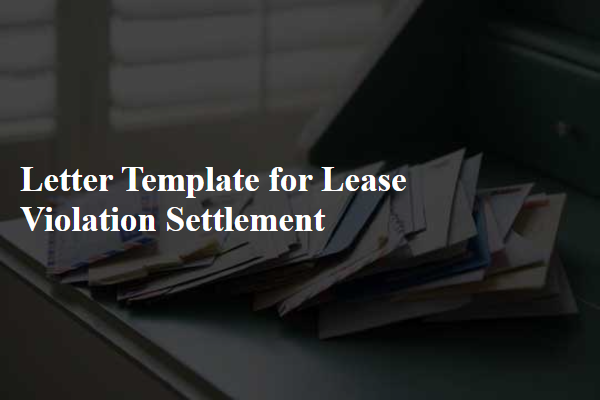
Clear Statement of Violation
The lease agreement for the property located at 1234 Maple Street, Springfield, clearly states the obligation of tenants to maintain noise levels below 60 decibels during nighttime hours (10 PM to 7 AM). However, on multiple occasions, including the nights of March 1st and March 5th, 2023, documented complaints from neighbors indicate disturbances exceeding this noise threshold. Evidence collected includes voice recordings and witness statements, along with noise level measurements taken on-site. Such violations constitute a breach of contract, warranting a formal resolution process to avoid further disputes or potential legal action, ensuring adherence to community standards for peaceful living.
Proposed Resolution Terms
A lease violation settlement typically involves discussions around terms to resolve issues between landlords and tenants. In cases where a tenant may have breached lease terms, such as failure to pay rent on time or causing damage to property, negotiating a resolution can help maintain a positive relationship. For instance, if a tenant has a history of late payments, the proposed resolution may include a revised payment plan that outlines specific due dates along with late fee stipulations in compliance with local regulations. In cases of property damage, terms may provide guidelines for repairs, deadlines for completion, and potential deductions from the security deposit. The goal is to establish clear expectations that support both parties in fulfilling their obligations under the lease agreement.
Deadline for Compliance
A lease violation settlement often includes specific deadlines for compliance to ensure that all parties adhere to regulations outlined in the lease agreement. The landlord typically sets a compliance deadline, often 30 days from the date of notification, requiring tenants to rectify issues such as unauthorized alterations or late rent payments. Failure to comply may result in further actions, including eviction proceedings or legal disputes in local courts. Clear communication through an official notice, detailing specific violations and required rectifications, is crucial to achieving timely resolutions in rental agreements.
Contact Information for Questions
In cases of lease violation settlement, contact information plays a crucial role in ensuring effective communication. For instance, including the landlord's name, phone number, and email address allows tenants to address concerns efficiently. The property manager's details provide an additional layer of support, especially in larger complexes, such as those found in urban areas like New York City. Important details should also feature office hours to prevent misunderstandings about availability. Documenting specific reasons for the contact, such as noise complaints or late rental payments, can streamline discussions and clarify the issues at hand for all parties involved.
Consequences of Non-Compliance
Non-compliance with lease agreements can lead to severe consequences for tenants. Violations, such as unauthorized subletting or failing to pay rent on time, may result in immediate penalties, including late fees amounting to 5% of total rent due. Repeated infractions can escalate to eviction proceedings, a legal process that may take place in local courts, extending the duration of tenant instability. Additionally, damage to the tenant's credit score may occur, with potential impacts lasting up to seven years, complicating future housing applications. Eviction notices issued can create long-term stigma in rental applications, as landlords may view prior evictions unfavorably, resulting in difficulty securing a new lease agreement. Communication with landlords in events of non-compliance is crucial to explore possible remedies rather than exacerbating tensions that could lead to further action.

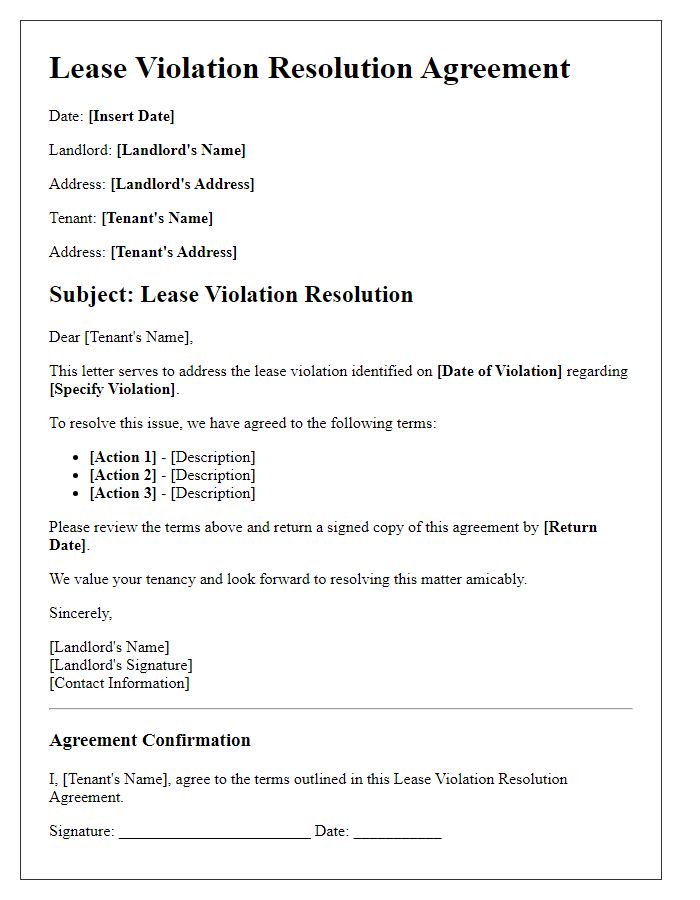
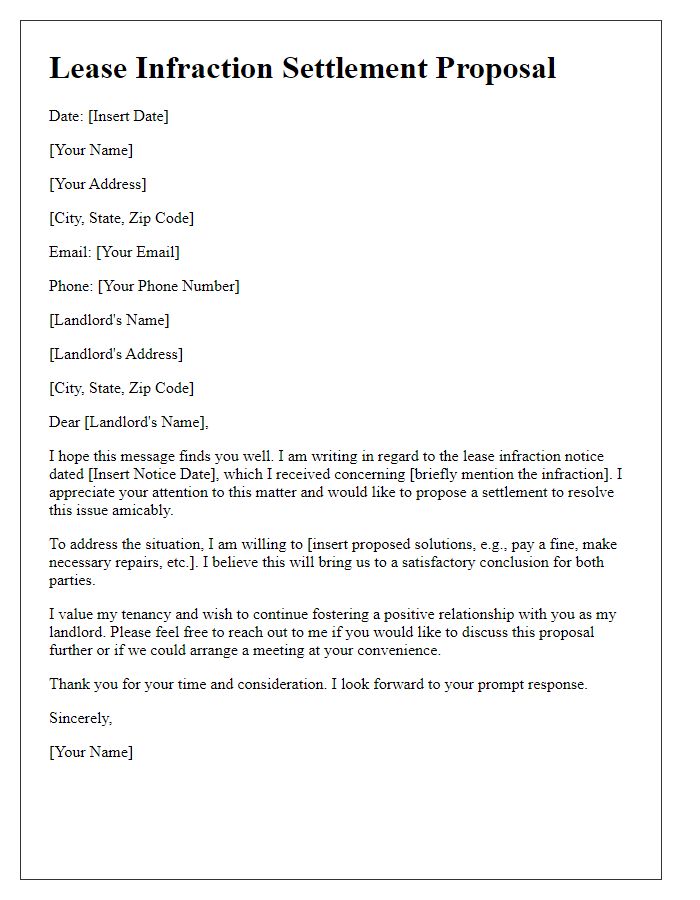
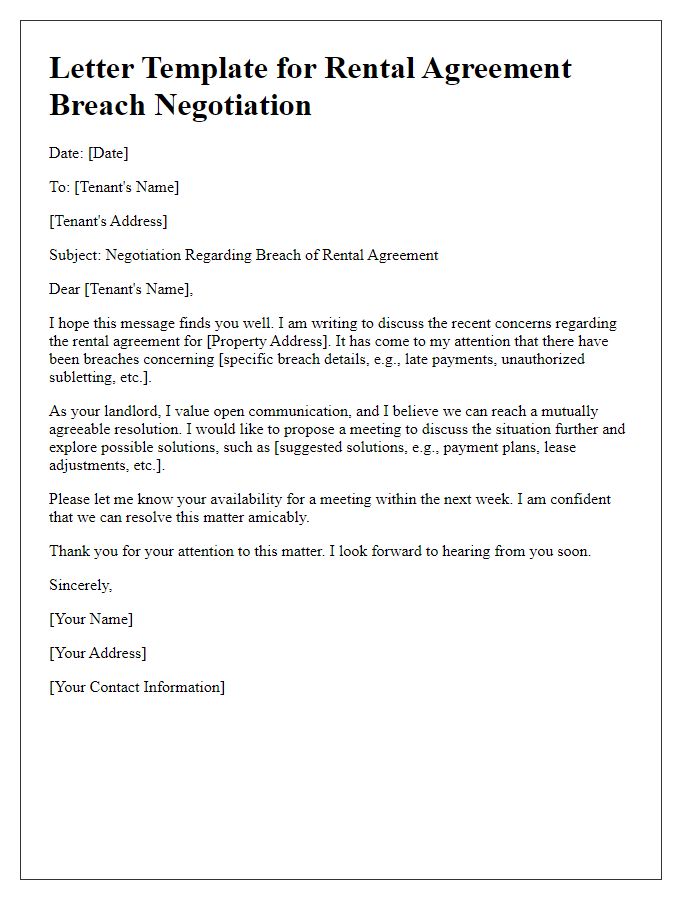
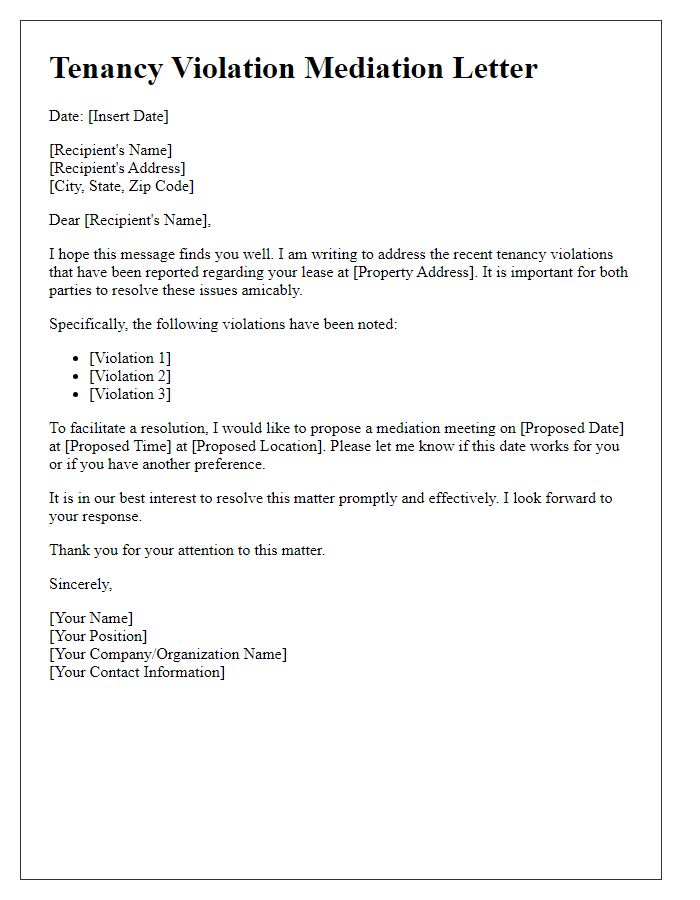
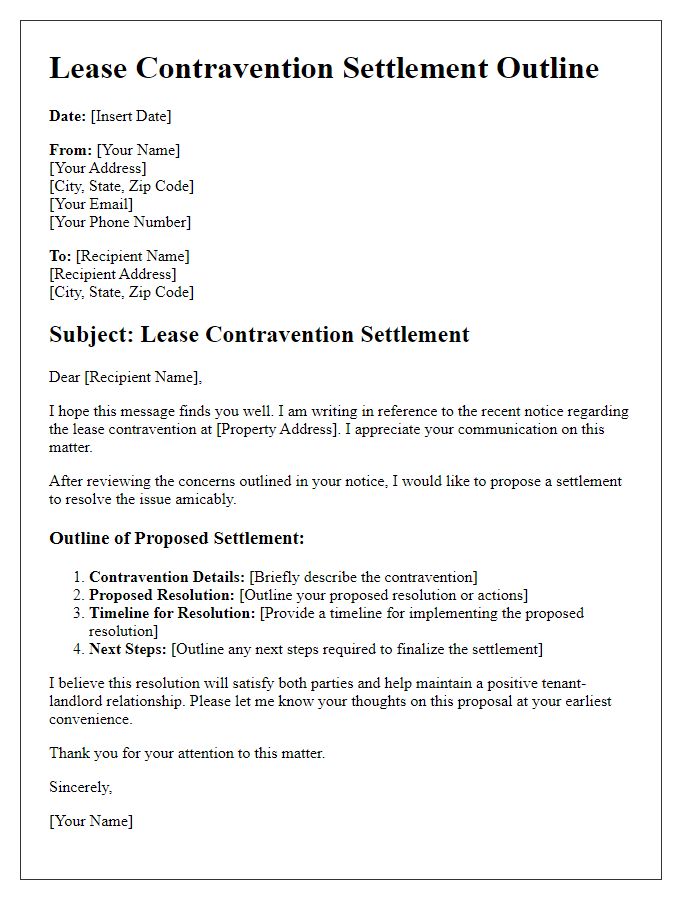
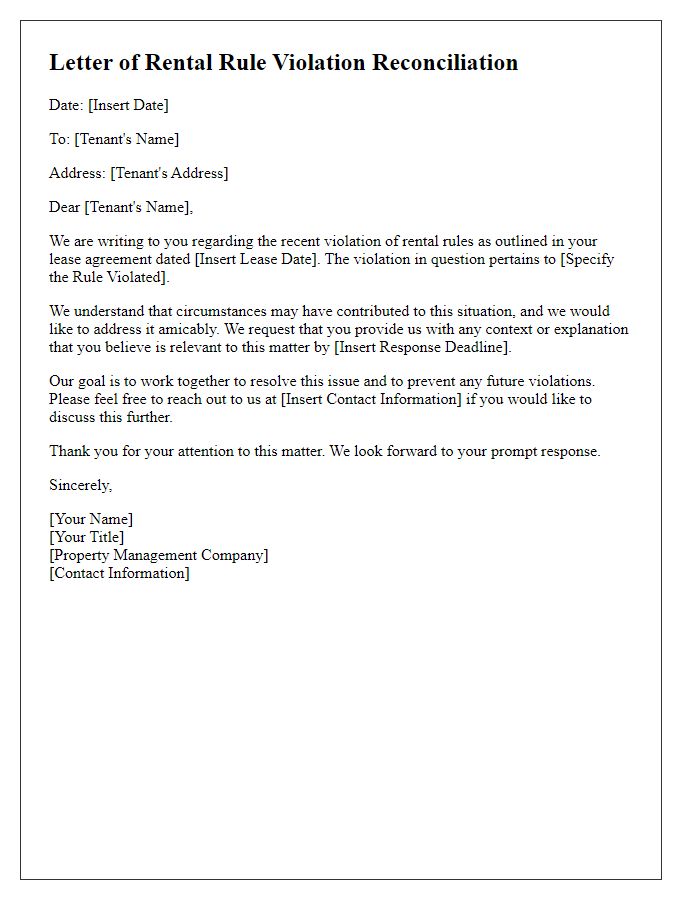
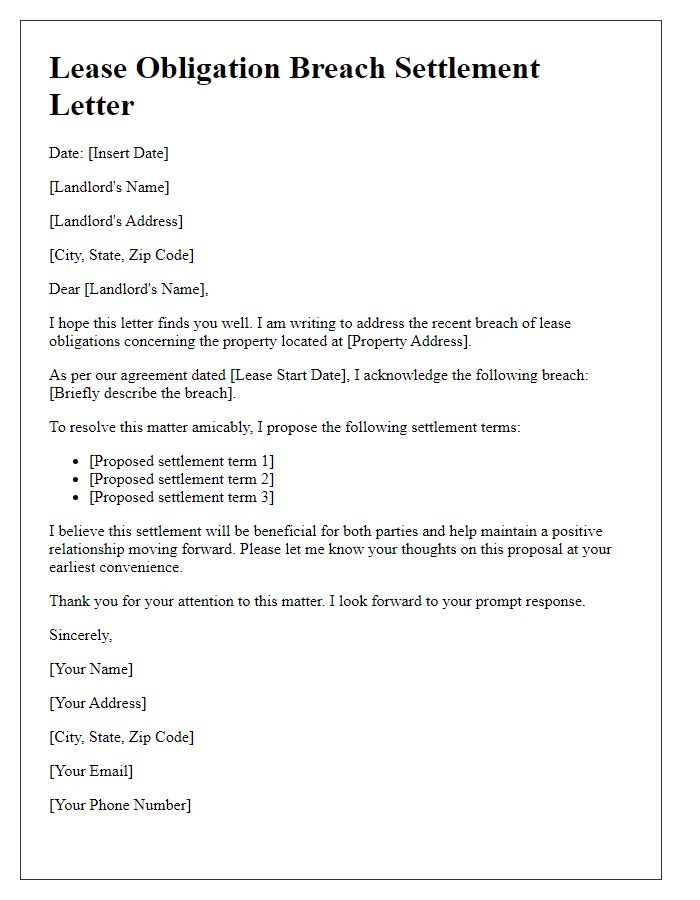
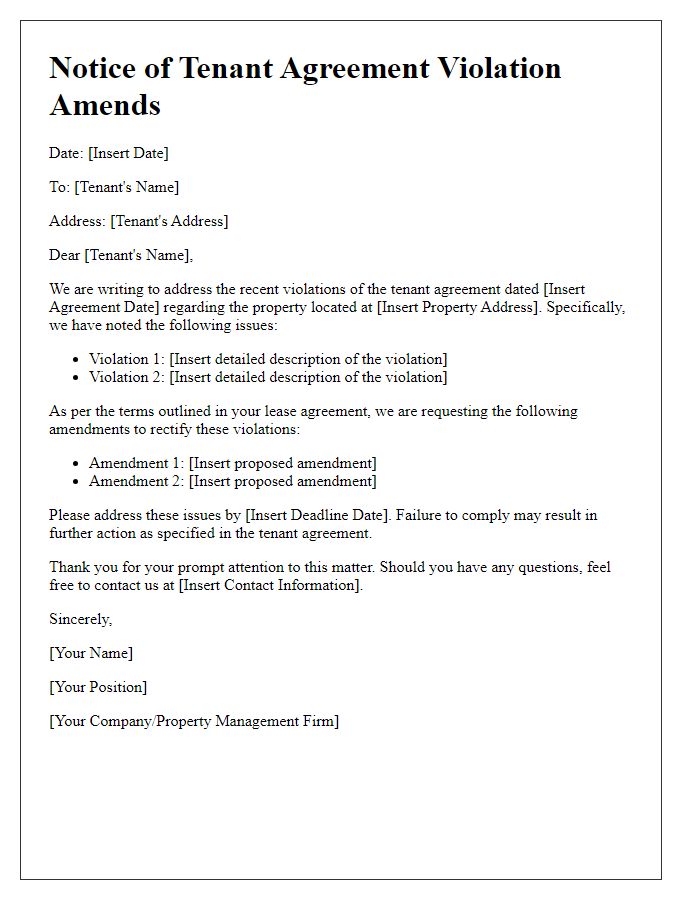
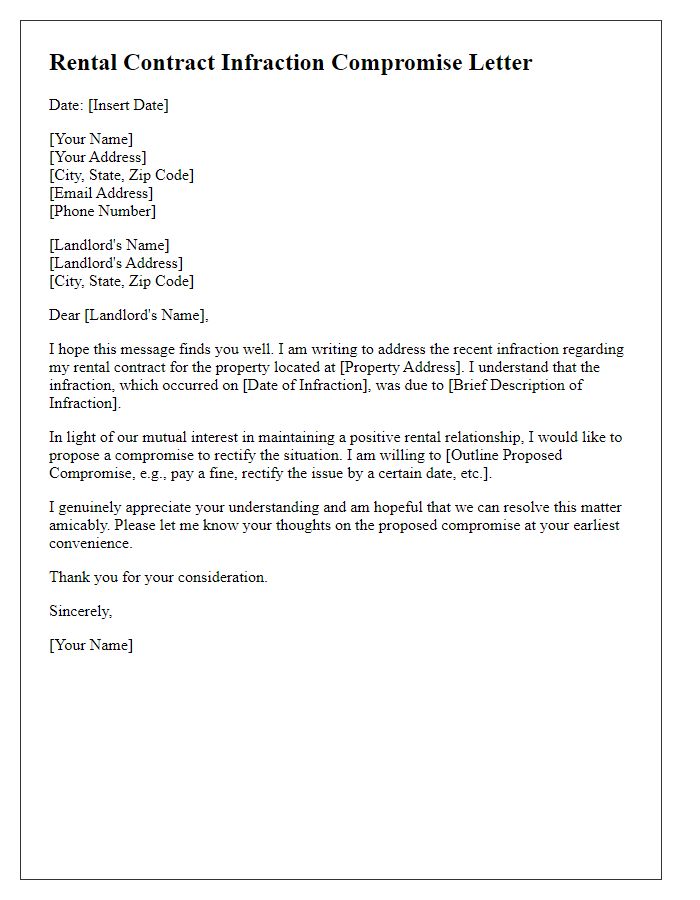
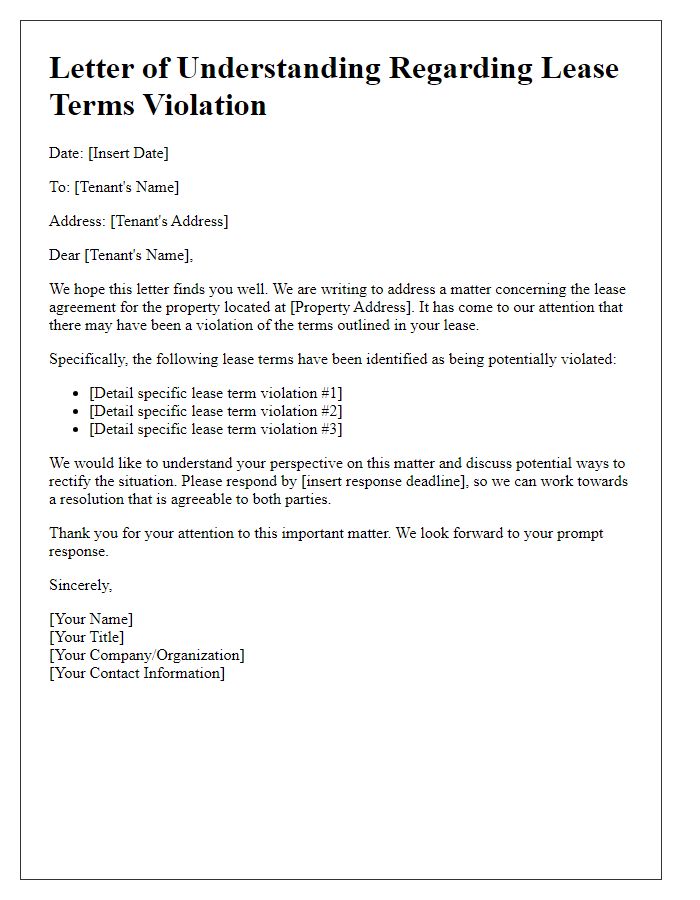

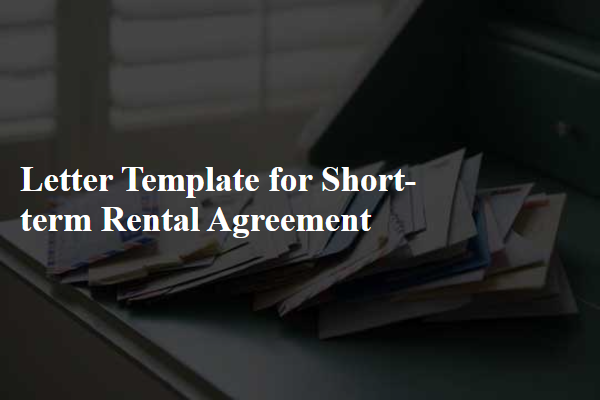
Comments